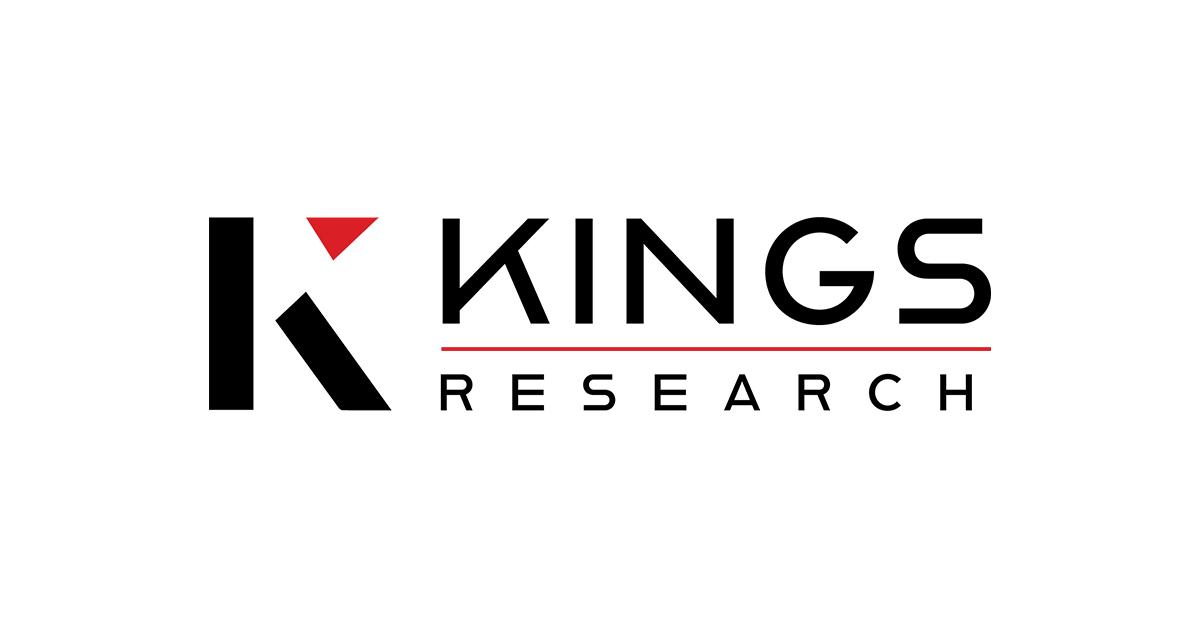NURS FPX 4045 BSN Guide: Essential Skills for Future Nurses
The Bachelor of Science in Nursing (BSN) program provides a strong foundation for developing clinical expertise, leadership, and critical thinking skills. As students progress toward the final stages of their nursing education, they engage in projects and assessments designed to integrate knowledge from across their coursework. These academic experiences, such as the capella capstone project bsn, serve as essential opportunities for learners to demonstrate their ability to apply evidence-based principles in real-world healthcare contexts. Similarly, the NURS FPX 4045 Assessment 3 and NURS FPX 4045 Assessment 4 help students bridge the gap between theory and practice, preparing them to become confident, reflective, and effective nursing professionals.
Developing Critical Thinking through the Capella Capstone Project BSN
The capella capstone project bsn is a defining component of the BSN journey, allowing students to showcase their ability to integrate academic learning into practical nursing solutions. This project typically focuses on a specific healthcare issue that requires evidence-based intervention or improvement. Through the capstone process, learners identify a problem, review relevant literature, and design an intervention that addresses a clinical, organizational, or community-based challenge.
The capstone project encourages students to think critically and adopt a systematic approach to problem-solving. It requires them to evaluate existing research, assess best practices, and apply these insights to the context of nursing care. This process enhances decision-making skills and fosters a culture of continuous learning. By working through the stages of identifying needs, developing solutions, and evaluating potential outcomes, learners cultivate the confidence to make informed and ethical clinical decisions.
Additionally, the capella capstone project bsn emphasizes collaboration and communication within interdisciplinary teams. Students must engage with peers, mentors, and healthcare professionals to gather input, refine their approach, and ensure the proposed interventions are feasible and impactful. This collaboration reinforces professional values such as accountability, patient advocacy, and evidence-based care. Ultimately, the capstone serves as both a demonstration of academic achievement and a meaningful contribution to nursing practice, empowering students to transition from learners to emerging leaders in the healthcare field.
Applying Evidence-Based Strategies in NURS FPX 4045 Assessment 3
The NURS FPX 4045 Assessment 3 plays a crucial role in developing a student’s ability to apply evidence-based strategies to real-life nursing challenges. This assessment typically focuses on the identification of a health-related issue and the formulation of an intervention plan based on evidence, best practices, and data analysis. The goal is to promote improved patient outcomes while fostering critical thinking and problem-solving abilities.
In this assessment, learners analyze a specific healthcare problem and evaluate how current evidence supports potential solutions. This process involves reviewing peer-reviewed research, clinical guidelines, and organizational data to determine the most effective approach to care. By grounding their recommendations in credible evidence, students enhance their ability to deliver safe, efficient, and patient-centered care.
The NURS FPX 4045 Assessment 3 also encourages reflection on professional growth and the importance of continuous quality improvement in nursing. Students are expected to identify barriers to implementation, consider ethical implications, and evaluate the sustainability of proposed interventions. This reflection ensures that nursing practices are not only effective but also aligned with the ethical and professional standards of the discipline. Through this assessment, learners strengthen their research literacy, communication skills, and ability to think critically about healthcare delivery systems.
Moreover, this stage of the learning process fosters independence and initiative. As students apply academic knowledge to complex situations, they become better equipped to assess patient needs, design individualized care plans, and advocate for change within healthcare environments. The skills developed in this assessment prepare students to contribute meaningfully to evidence-based practice in their future professional roles.
Synthesizing Knowledge and Leadership in NURS FPX 4045 Assessment 4
The NURS FPX 4045 Assessment 4 represents the culmination of learning in the course, providing students with an opportunity to synthesize and present their findings from previous work. This assessment typically requires learners to develop a detailed implementation plan or create a presentation that communicates their evidence-based project effectively to a professional audience. It emphasizes the integration of leadership, research, and communication skills—all of which are vital for nursing excellence.
In this final stage, students are challenged to demonstrate how evidence-based interventions can be realistically implemented in healthcare settings. They explore factors such as resource allocation, interdisciplinary collaboration, and outcome evaluation to ensure the proposed project can achieve measurable improvements. The assessment encourages a holistic understanding of healthcare systems and reinforces the nurse’s role as both a caregiver and a leader in promoting best practices.
The NURS FPX 4045 Assessment 4 also enhances students’ ability to communicate scholarly and clinical insights clearly and persuasively. By presenting their project findings, learners practice articulating complex ideas to diverse audiences, including healthcare professionals, administrators, and patients. This skill is invaluable for nurses who aspire to lead change and advocate for quality improvement within their organizations.
Completing this assessment signifies a major step in the student’s transition from academic learning to professional application. It validates their ability to analyze evidence, lead initiatives, and contribute to the advancement of nursing as a science and a practice. The assessment reflects a comprehensive understanding of how theory, research, and leadership converge to improve patient care and healthcare delivery.
Conclusion
The journey through the BSN program reflects a commitment to growth, scholarship, and clinical excellence. Each academic milestone, from the analytical rigor of the capella capstone project bsn to the practical applications explored in NURS FPX 4045 Assessment 3 and the leadership focus of NURS FPX 4045 Assessment 4, helps shape the professional identity of future nurses. These assessments not only test students’ academic proficiency but also cultivate essential competencies such as critical thinking, collaboration, and ethical responsibility.
By the completion of these learning experiences, students emerge as confident and capable nursing professionals prepared to meet the evolving demands of healthcare. They carry forward the principles of evidence-based practice, patient advocacy, and lifelong learning—values that form the cornerstone of effective nursing leadership. Through their dedication and academic growth, these learners contribute meaningfully to improving patient outcomes, enhancing organizational performance, and advancing the nursing profession as a whole.
¡Por favor activa el Javascript![ ? ]





